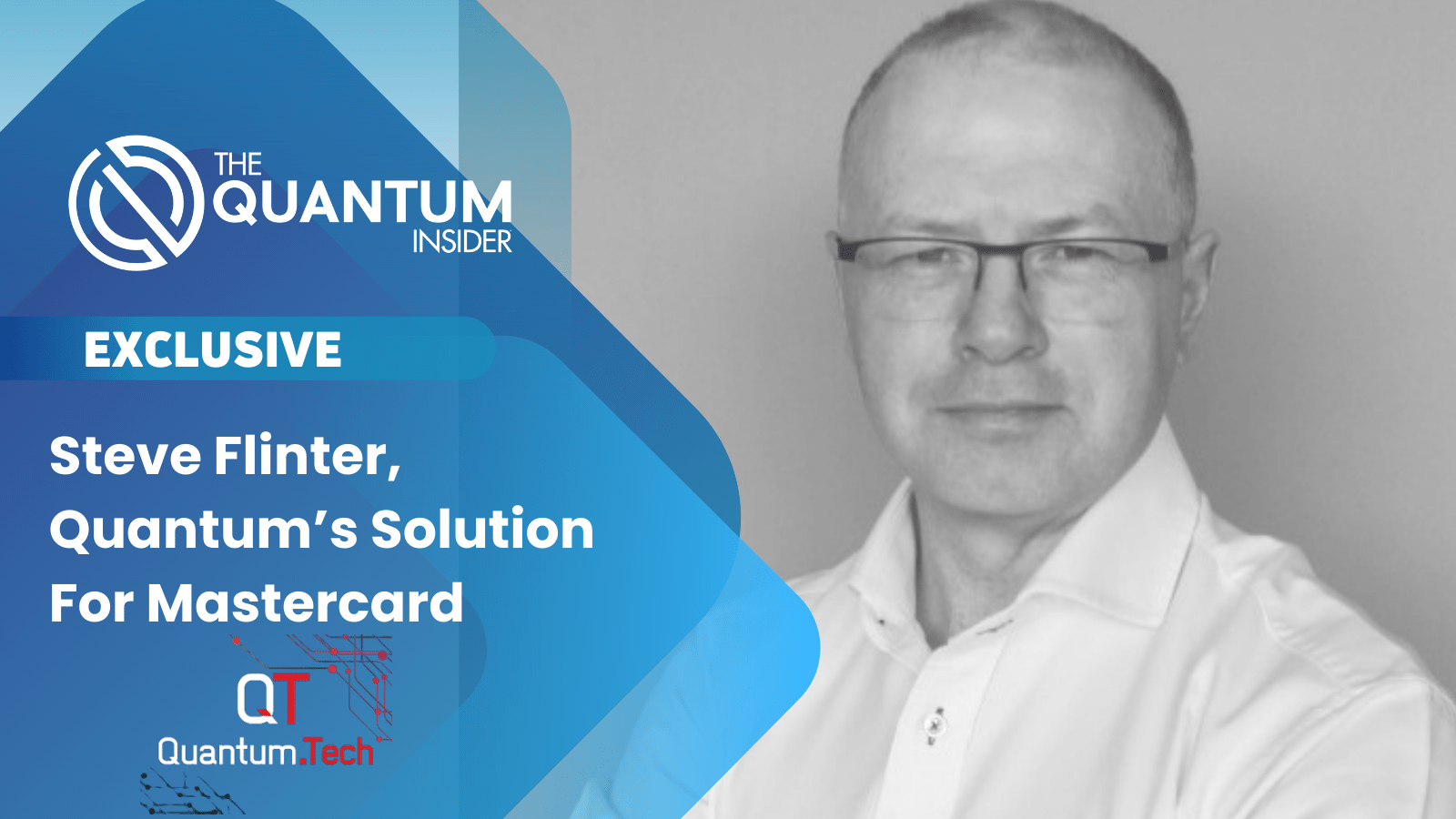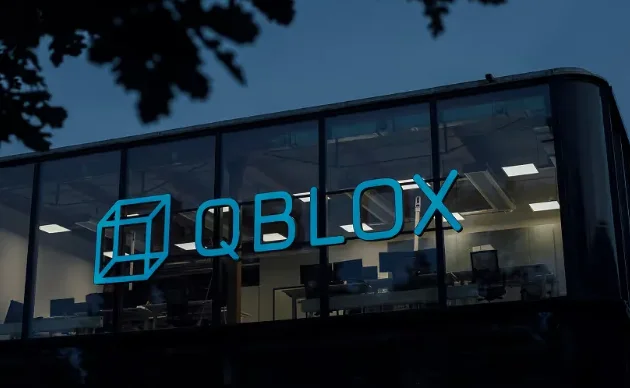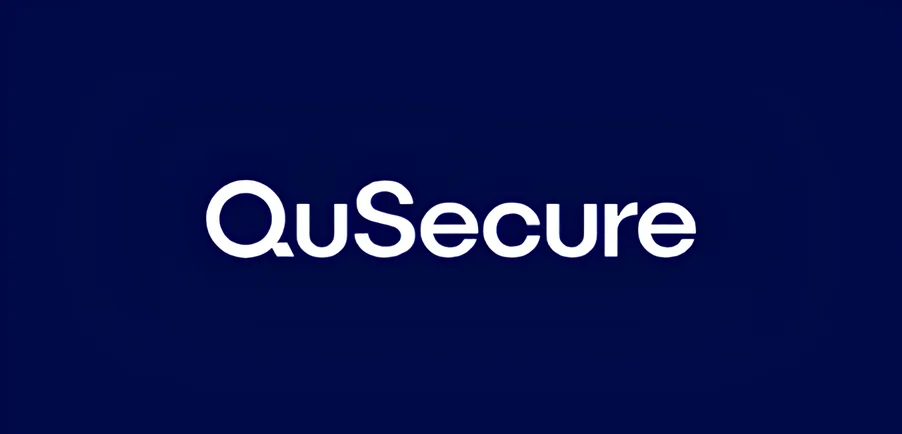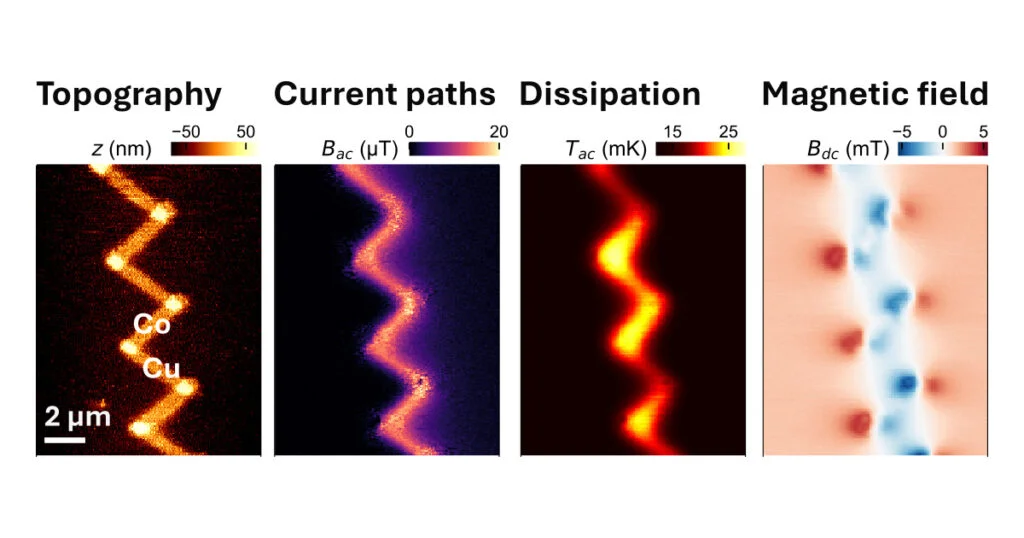In an excellent blog post available on the Mastercard website published in February by Deborah Lynn Blumberg, 6 reasons we need to start thinking about quantum computing now, the American multinational financial services corporation sees half a dozen key points “you need to know about going quantum”:
1. In financial services, the applications are endless — and they’re already in the works.
2. Quantum computing will help create highly customized experiences for customers.
3. Opportunities abound, but so do risks.

4. Quantum computing could help the planet.
5. The field is very much still evolving.
6. Companies should start preparing now.
Now, whether you agree with all of them or not, they do raise some very interesting arguments, especially concerning where Mastercard stands on the technology and how it can improve its business outcomes.
In the same blog post, Steve Flinter, Vice President, Artificial Intelligence & Machine Learning & Head of Emerging Tech at Mastercard Foundry, says: “We’ll see a hybrid, integrated approach where the right device will be used to solve a problem. Quantum will solve a specialized range of hard and interesting problems.”
So, it was with great interest I sat down in the auditorium at Quantum.Tech 2022 in London ready for Flinter’s talk, “Taking a Quantum Leap into the Future of Financial Services”.
Flinter, an IT professional with more than 25 years’ experience in industry, government and academia, is currently responsible for leading Mastercard Labs’ R&D initiatives in Artificial Intelligence, Machine Learning and Quantum Computing. With Mastercard for the last seven years, Flinter and his team of experts support the company’s product groups as they look to introduce AI & ML technologies to their products and services. More importantly, however, is Flinter and his team’s job of assisting Mastercard Lab’s research efforts into the application of Quantum Computing to Mastercard and the banking and payments industry.

“When we embarked on our quantum journey about three years ago,” Flinter began, “we started looking at who else in financial services was anchored in this space.”
Identifying some of the leading brands in the world, Flinter named Barclays and HSBC as good examples of those with a keen interest in quantum as a potential solution in financial services, highlighting — interestingly — it was always the investment banking divisions of the banks that were interested in quantum technologies.
Talking about Mastercard Foundry, Flinter mentioned how it is focused on deep tech, particularly in AR and VR, Web3, the Metaverse, and other disruptive technologies.
“Coming back to quantum specifically, how do we think about quantum technologies at Mastercard?” said Flinter. “Well, we’ve broken it down into three specific areas we’re concerned with: quantum computing, […], quantum communications […] and then quantum security.”
Flinter mentioned marketing campaigns for cardholders and the combinations of rewards most suitable for Mastercard’s customers, before saying that finding optimal paths in terms of efficiency is well suited to quantum computers.
One use case that Flinter went into more detail about was on the topic of settlements:
“Settlement is in finance or in banking where if you have two parties transacting across to one another at some point you need to actually move money. If you think about my case, for example, I’m based out of Dublin, my credit card is issued in euros, I travel over to the event here, and the hotel I stay in expects to be paid in sterling. At some point, money has to move from euros to sterling. And so, one of the parts of Mastercard’s business is cross-border settlement.”
Flinter said that the settlement problem grows exponentially or combinatorically as we add more payments, adding complexity to the procedure, so optimization is very important — that’s where quantum computers can help.
And Mastercard’s multi-year strategic alliance with Canada’s D-Wave Systems this year — established to leverage quantum computing for consumer loyalties and rewards, cross-border settlement and fraud management — is proof of its intent.
Fraud management, interestingly enough, is another area important for Mastercard, as the company believes quantum technologies can play an important role here, with Flinter stating quantum-resistant or quantum-proof encryption as focus points for the future.
For more market insights, check out our latest quantum computing news here.
















